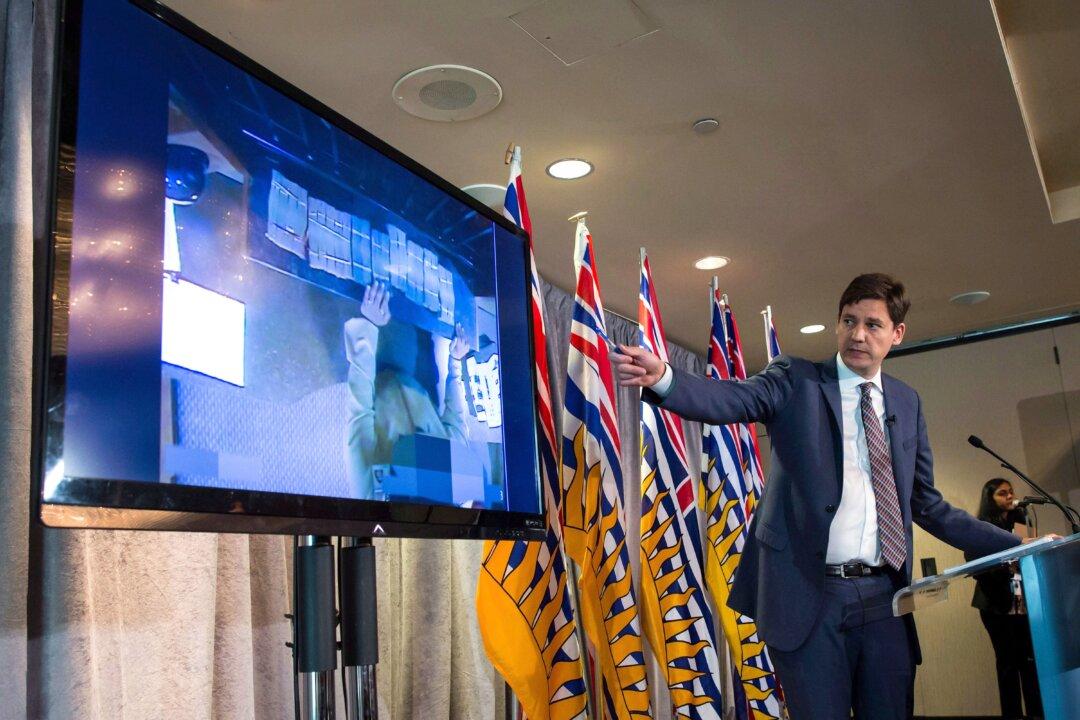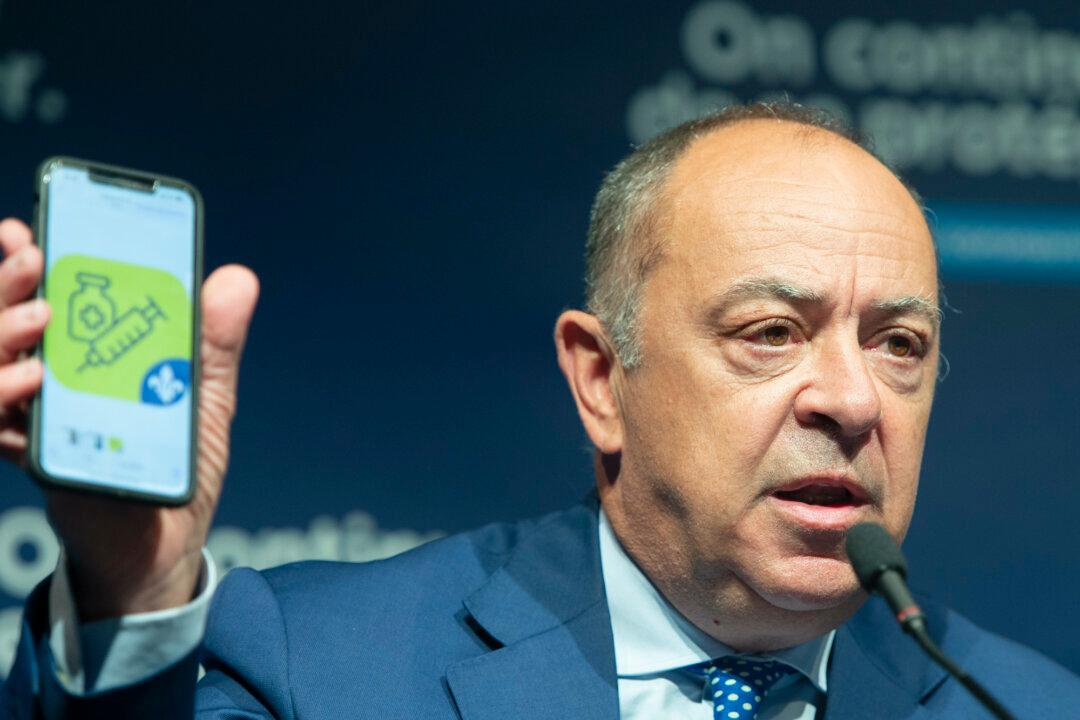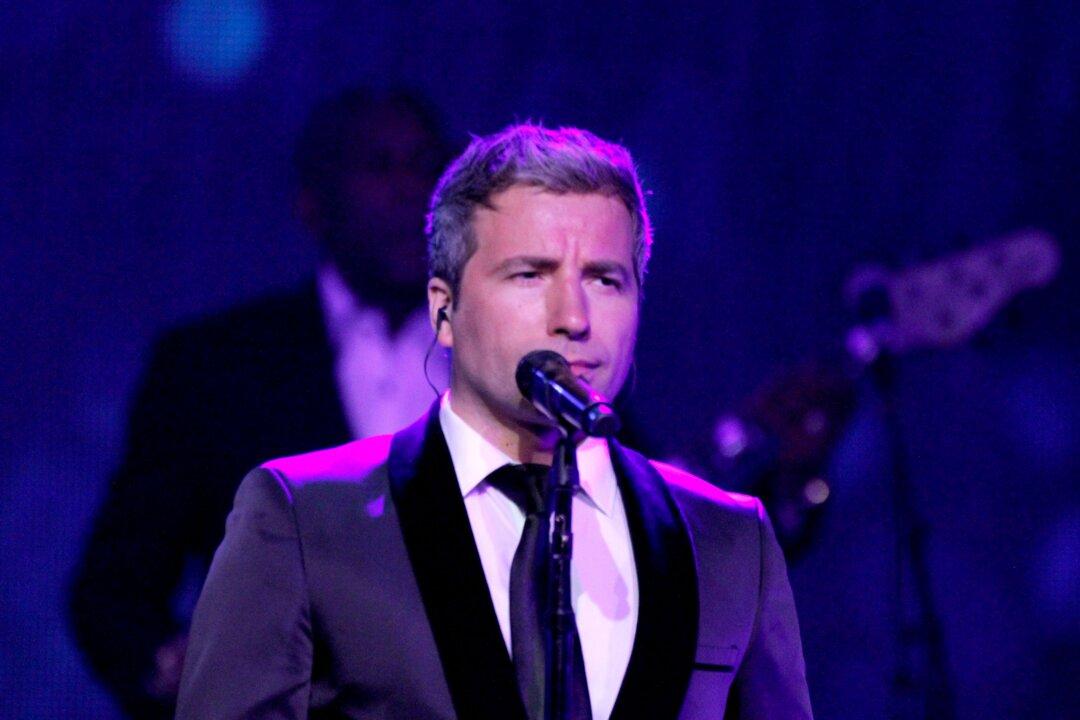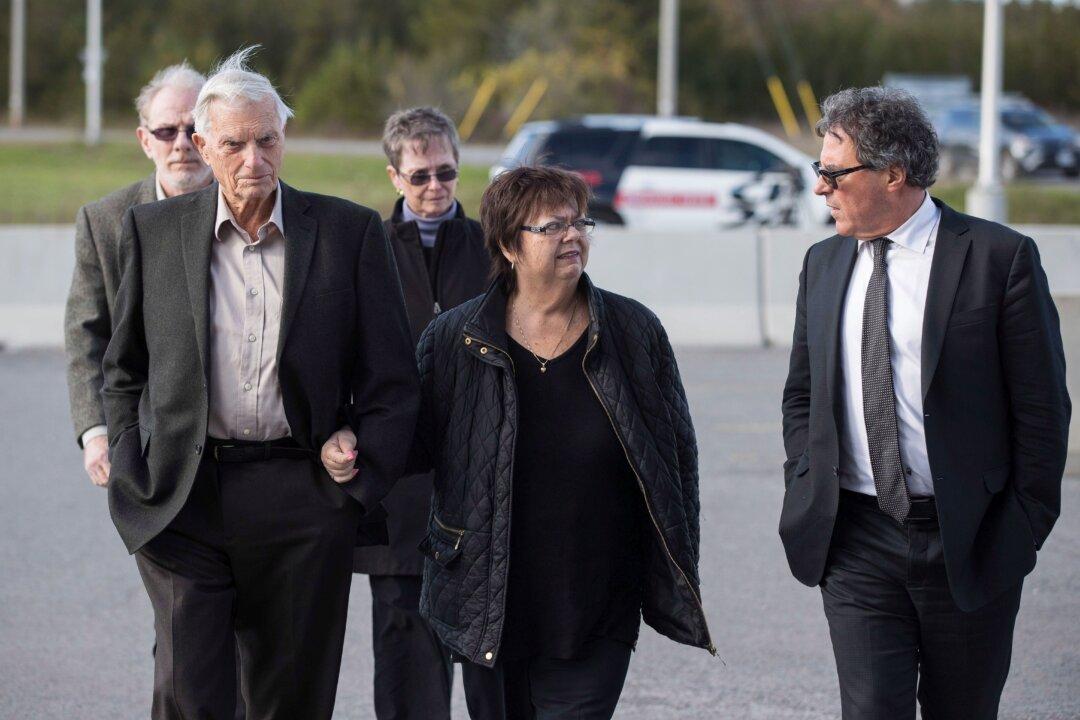A company heavily implicated in money laundering in British Columbia was “core” to a scheme that allegedly scrubbed billions in drug money from China at casinos in the Lower Mainland, according to expert witness testimony at an inquiry to determine how to combat industrial-scale money laundering in the province.
Silver International had been charged as part of a massive RCMP investigation of alleged underground bankers in Richmond, B.C., but charges were stayed in 2018.





